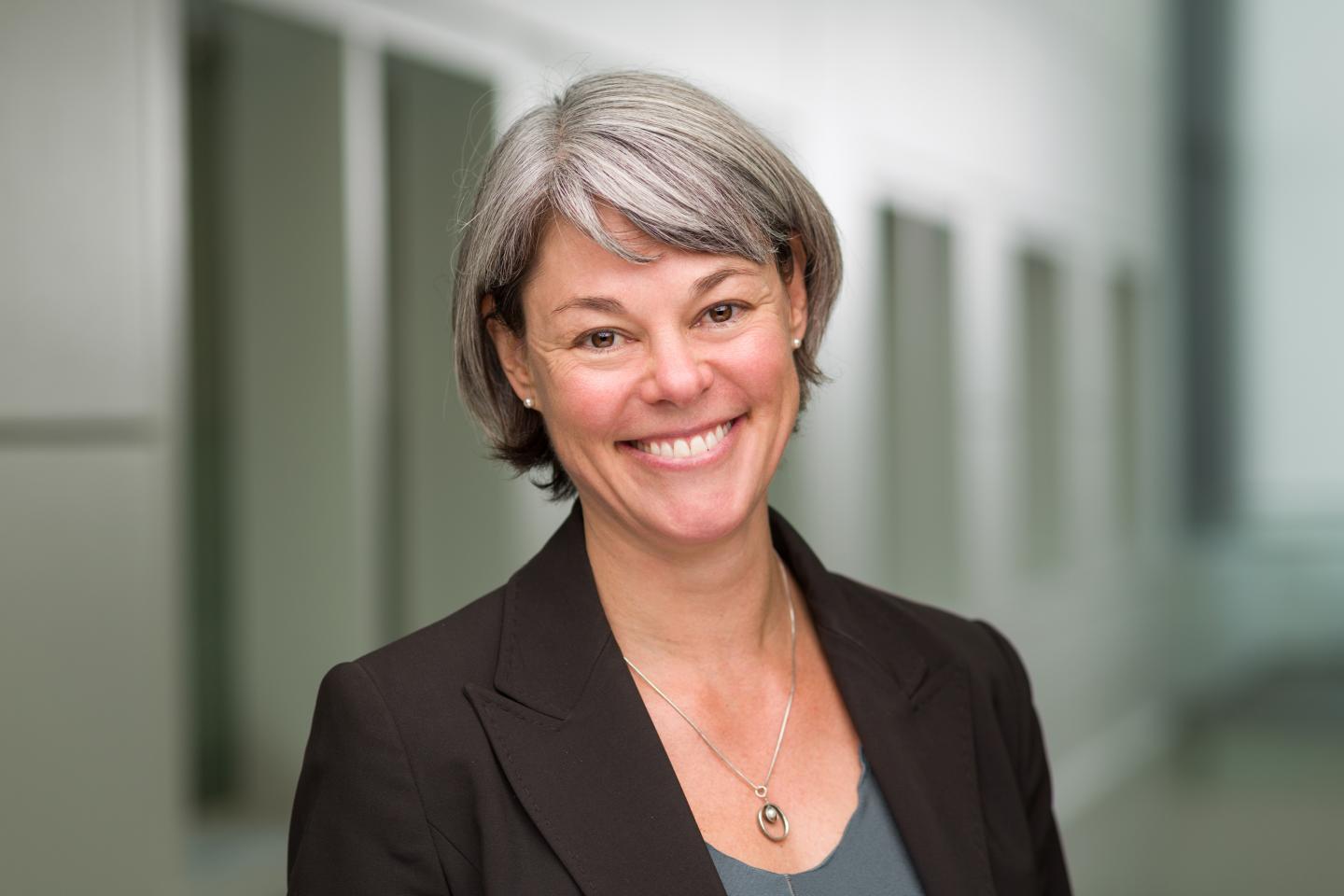
Credit: Rob Strong
As the U.S. population ages, hospitals and health systems around the country have been grappling with how to integrate advance care planning (ACP) into routine practice. In 2016, the Centers for Medicare and Medicaid Services (CMS) began paying physicians for ACP by introducing two new billing codes which allowed them to bill for up to 60 minutes of advance care planning conversations with their patients. At the time, some lawmakers expressed concern that the ACP billing codes could be overused and become a burden to the Medicare program. A team of researchers from The Dartmouth Institute for Health Policy and Clinical Practice investigated the early uptake of the ACP billing codes by analyzing billing for seriously ill, hospitalized adults over 65 who were treated by a large national physician practice. They found that despite the fact that physicians employed by the practice received ACP training and small financial incentives for ACP documentation, the rate of billed ACP conversations was very low and that there was wide variation among physicians and practice sites.
“Advance care planning conversations are difficult. They require a lot of emotional muscle,” says lead author and Dartmouth Institute Professor Amber Barnato, MD, MPH, MS. “It’s not just the words that you say as a physician, but how you deal with the emotion that comes up when talking about prognosis – yours as well as the patient’s! But these conversations are also incredibly rewarding because they allow you to talk to the patient about what matters most to them.”
Barnato and her colleagues analyzed ACP billing codes between January 1, 2017, to March 31, 2017, in a practice that employs approximately 2,500 hospital-based physicians in 250 community hospitals in 38 states. The hospital-based physicians received mandatory training in ACP billing and documentation, as well as, a small financial incentive ($20) for reach properly documented ACP conversation that meets CMS billing criteria. They also receive web-based training in serious illness communication skills during the first two years of employment.
Beginning in 2017, the physicians were also required to answer a surprise question–‘Would you be surprised if the patient died within the next year?’–for all admitted patients over 65. The researchers say the surprise question is useful because it is intuitive and not burdensome for physicians to answer. It is also predictive of mortality. In the first quarter of 2017, hospital physicians in the practice admitted 113,612 patients age 65 and over and were prompted to answer the surprise question for 73,731 patients (65%). (*When physicians weren’t prompted to answer the surprise question, it was primarily due to delayed implementation at a site or the patient being managed on observation status and not admitted to the hospital.)
In their analysis, recently reported in the Journal of Hospital Medicine, the researchers found:
- Rates were highest among cases in which physicians responded no to the surprise question (they wouldn’t be surprised if the patient died within the next year) – 8.3% compared with 4.1% of cases when they answered yes they would be surprised, and 3.5% of cases when the physicians weren’t prompted with the surprise question.
- Those with billed ACP were older (80 vs.78); more likely to be diagnosed with dementia, congestive heart failure, and cancer.
- At the hospital level, ACP rates varied from 0% to 35% (mean 5.2%) of all admissions.
- The majority of all ACP discussions were attributable to one-quarter of physicians; one-third of physicians never billed for ACP.
The researchers note that their findings reflect the uptake of ACP billing only one year after the codes were introduced and that ACP billing rates have likely increased since the first quarter of 2017. They also state that despite the nationwide sample of physicians in the study, their findings might not be generalizable to those who have not received training and/or financial incentives for ACP.
“The fact that we are seeing such a low rate of billed ACP conversations, even among physicians who have received training in how to have these conversations, underscores the need for more interventions aimed at increasing ACP in hospitals,” Barnato says. “Ultimately, the goal is to ensure that patients receive treatment that is in accordance with their needs and goals.”
###
Media Contact
Paige Stein
[email protected]
Related Journal Article
http://dx.




